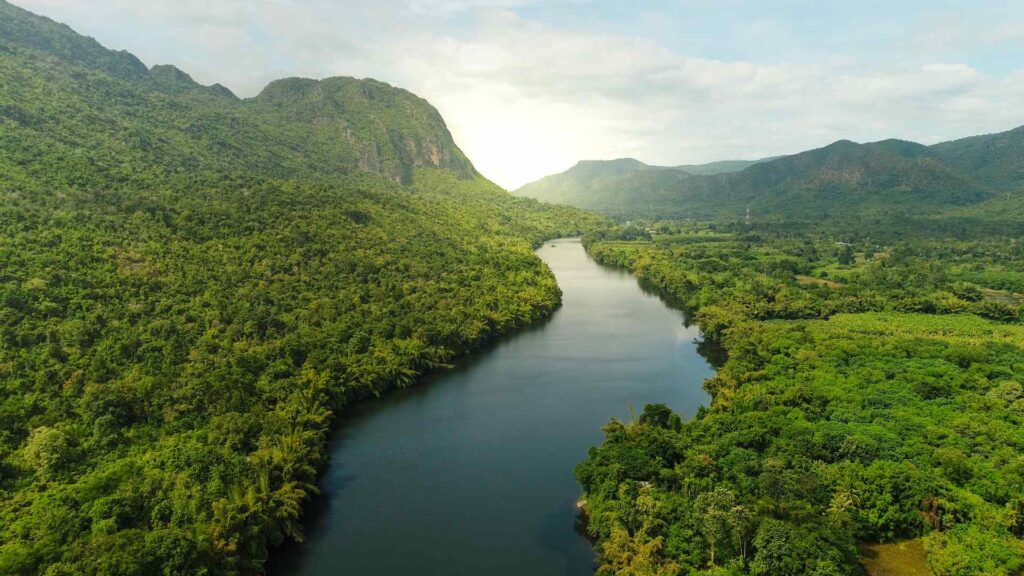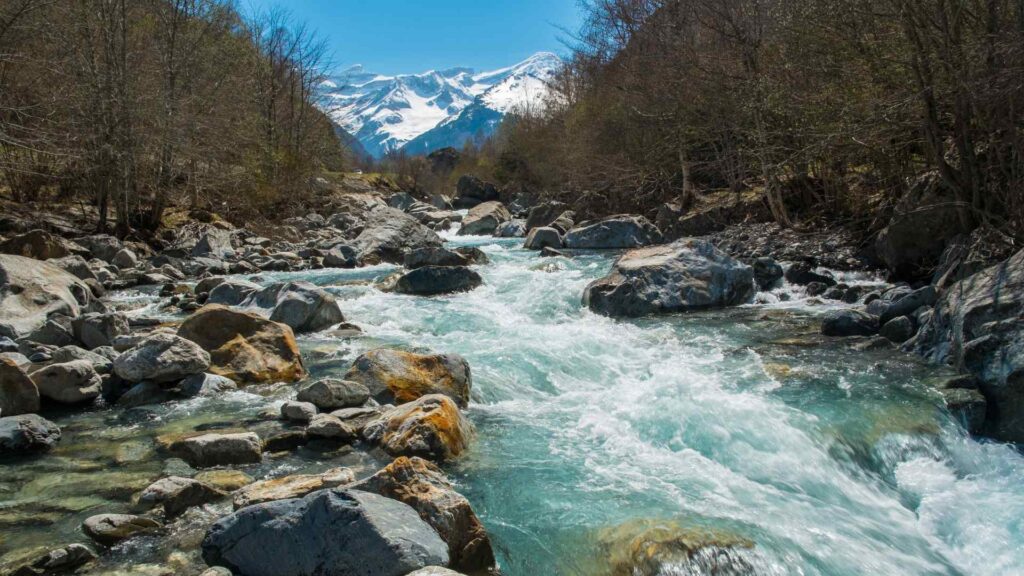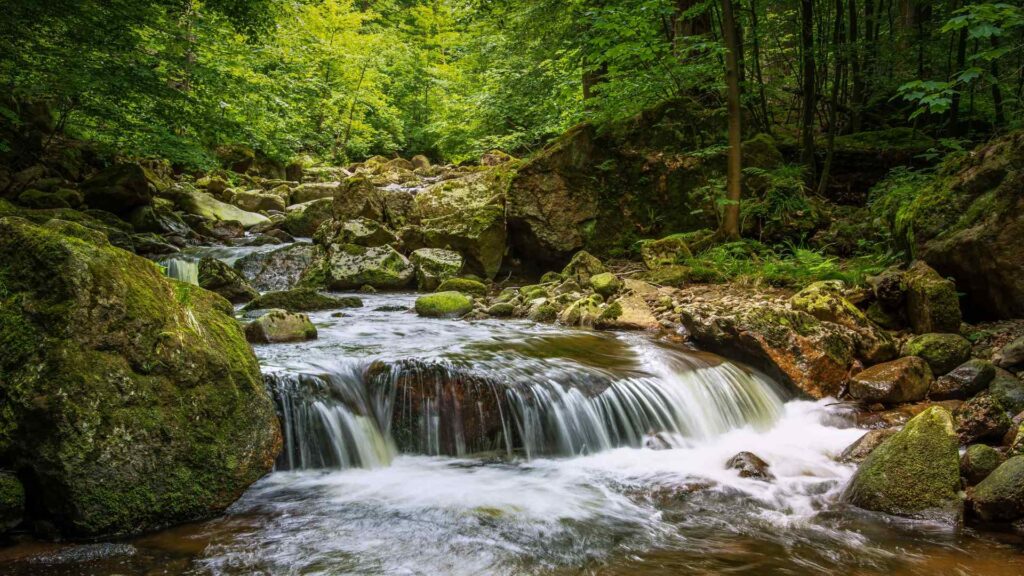Rivers have captivated humanity for centuries, their flowing waters inspiring countless tales, poems, and mysteries.
Among these enigmas are river riddles—poetic puzzles and hidden challenges connected to rivers.
In this ultimate guide, we’ll explore their origins, meanings, and enduring allure. Ready to unravel the secrets of river riddles? Let’s begin!
Understanding River Riddles
River riddles are puzzles or metaphors inspired by rivers’ behavior, symbolism, or features. They often reflect natural cycles and human ingenuity.
Origins of River Riddles
The earliest mentions of river riddles trace back to folklore and oral traditions. Communities living by rivers often used riddles to teach survival skills or pass on cultural wisdom.
Symbolism in River Riddles
Rivers often symbolize life, change, or time. In riddles, they represent complex ideas like renewal, continuity, or mystery.
Example: “I am swift in my youth, slow in my age, and silent in death. What am I?” Answer: A river.

The Cultural Significance of River Riddles
River riddles are deeply rooted in cultural traditions worldwide. They bridge the gap between natural phenomena and human creativity.
Folklore and Mythology
In many cultures, rivers are sacred, seen as life-givers or barriers between worlds. Riddles often embed these themes, celebrating a river’s spiritual essence.
Literary References
Authors and poets have long used river riddles to add depth to their works. Shakespeare, for instance, referenced riddles akin to rivers in his plays, symbolizing transition and flow.
Types of River Riddles
River riddles come in various forms, from straightforward puzzles to cryptic metaphors. Here are the main types:
Descriptive Riddles
These describe the physical attributes or behavior of rivers.
Example: “I curve, I bend, but never break; I nourish and destroy. What am I?”
Metaphorical Riddles
These connect rivers to broader human concepts, like time or emotions.
Example: “Flowing without rest, I carry both hope and despair. Who am I?”
Interactive Riddles
Used in games or challenges, these riddles require solving to uncover a hidden location or meaning, often tied to a river.

How River Riddles Enhance Learning
River riddles have educational value, blending creativity with practical knowledge about nature.
Teaching Natural Science
Using riddles, educators can make hydrological concepts engaging.
Example: “I carve through mountains, shaping valleys, yet hold no hands. What am I?”
Encouraging Critical Thinking
Riddles foster problem-solving skills, requiring logical reasoning and imaginative thinking.
Preserving Oral Traditions
By sharing river riddles, communities preserve cultural narratives and environmental awareness.
Modern Uses of River Riddles
In the digital age, river riddles continue to inspire art, storytelling, and even gaming.
Online Puzzles and Challenges
River-themed riddles are popular in online trivia games and escape rooms, appealing to players worldwide.
Artistic Inspirations
Many artists draw on river riddles to create paintings, songs, or sculptures, reflecting the interplay of nature and human thought.

Famous River Riddles Through Time
Some river riddles have achieved legendary status, passed down for generations.
The Riddle of the Sphinx
Though not explicitly about rivers, this ancient riddle connects to the Nile, symbolizing life and sustenance.
Medieval Riddles
In the Middle Ages, riddles featuring rivers often appeared in manuscripts, used to teach moral lessons or scientific facts.
Modern Takes
Today, authors like J.R.R. Tolkien weave river riddles into their fantasy worlds, adding layers of intrigue.
Creating Your Own River Riddles
Crafting river riddles is an art. Here’s how you can create your own:
Start with Observation
Spend time by a river, noting its features—speed, sound, shape. Use these observations as inspiration.
Incorporate Symbolism
Think about what rivers mean to you—are they a metaphor for growth, freedom, or mystery?
Structure Your Riddle
Use poetic language, rhymes, or metaphors to give your riddle a timeless quality.
Example: “I split the land, uniting shores; I speak without words, yet hold great lore.”
Decoding River Riddles: A Step-by-Step Guide
Solving river riddles requires a mix of logic and creativity. Here’s how to approach them:
Identify Key Clues
Focus on descriptive words or phrases pointing to a river’s characteristics.
Think Symbolically
Consider the metaphorical implications—rivers often relate to flow, change, or duality.
Break Down Complex Puzzles
If a riddle seems daunting, dissect it into smaller parts, tackling one clue at a time.
The Mystical Appeal of River Riddles
Why do river riddles captivate us? Their allure lies in the blend of mystery and nature.
A Connection to the Natural World
Riddles remind us of rivers’ vital role in ecosystems and our own lives.
Timeless Appeal
Like rivers, these riddles flow through generations, adapting yet retaining their essence.
FAQs About River Riddles
What are river riddles?
River riddles are puzzles or metaphors inspired by rivers, reflecting their physical or symbolic attributes.
Where do river riddles originate?
They originate from folklore, mythology, and literary traditions worldwide.
Why are river riddles significant?
They preserve cultural narratives, teach natural science, and foster critical thinking.
Can anyone create a river riddle?
Yes! Observing rivers and using poetic language can help craft unique riddles.
How are river riddles used today?
In education, entertainment, and art, they continue to inspire and engage audiences.
What is the most famous river riddle?
The Riddle of the Sphinx, tied to the Nile, is among the most renowned.
Conclusion
River riddles are more than playful puzzles—they’re a testament to human creativity and our deep connection with nature.
From ancient myths to modern games, these enigmas remind us of rivers’ enduring influence on culture and thought. Dive into the world of river riddles and let their flow spark your imagination!
